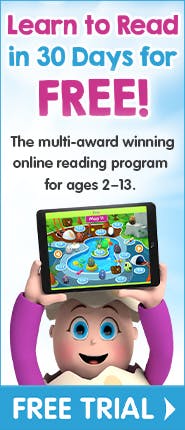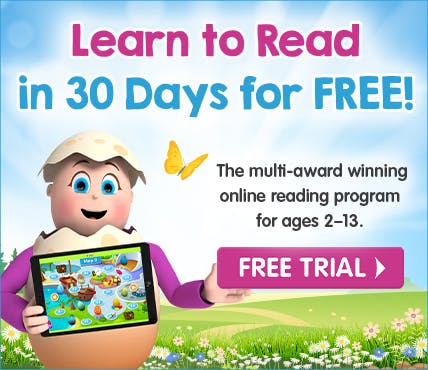


Learning Difficulties

Learning difficulties beset the best efforts of many children learning to read. Learning to read is a complex process in which young readers must engage in a number of literacy skills simultaneously in order to read fluently. Fluent readers must have a handle on the five essential literacy elements:
Phonemic awareness
Phonics skills
Fluency in reading
Vocabulary building
Text comprehension
Any hiccup along the way in any of these areas has the potential to cause reading difficulties, and if not caught can lead to learning difficulties.
There are a number of myths that accompany the learning-to-read process, not least of which is the myth that children will simply be able to ‘pick up’ reading naturally. Reading is a complex skill, and educators and researchers have spent endless hours, days, months and years studying the process of how a child learns to read best, and what skills are critical for a child learning to read.
A great number of children with learning disabilities experience those disabilities because of the difficulty they experience in learning to read. And failure in school can at times be accredited to a failure to learn to read. Sadly, difficulty in reading often directly relates to difficulty in school.
But fortunately, the reverse is true is well. A successful start in the journey of learning to read leads to a more successful educational journey in general. Literacy and learning are closely intertwined. Children learning to read are never solely learning to read simply for the sake of reading. They are acquiring key literary skills that greatly affect their success and achievement in both the earlier and the later years of schooling.
And the acquisition of these key literary skills actually begins long before the first day of kindergarten. Children who have engaged with literature, by being read to, spoken to and sung to since birth have an advantage over their peers. There’s a point to even the simplest of nursery rhymes, it seems. Language play at an early age is an important part of later literacy. Children who’ve had very limited amounts of being read to, or who come from homes where the parents’ own knowledge of English is limited, are at greater risk of developing reading difficulties, which all too often lead to learning difficulties.
However, even kids who’ve had ample language play and reading time also struggle and experience difficulties. Researchers have found that the learning difficulties that some children experience often have at their core a failure to either acquire or develop one or more of the five key literacy learning areas.
Students learn in different ways and at different paces. The key is for the student to learn at a steady pace so that by the end of third grade they are able to read grade-appropriate material fluently.
Reading Eggs helps kids develop skills in all of the fundamental literacy areas, working with children to overcome any learning difficulties they may face. Reading Eggs also accommodates children with a wide range of differing abilities. By offering readers a whole suite of instruction within a rich, enjoyable and rewarding learning environment, Reading Eggs creates a meaning-based approach to reading instruction. Readers learn the five most effective comprehension strategies: how to monitor their own comprehension, answer questions, use graphic organisers, ask questions of a text, and recognise story structure.
Reading Eggs offers instruction in all of the key literacy areas in an engaging and motivating way. The programme offers reading instruction built from current research on the most effective methods to aid and instruct children learning to read. Helping children to read well, Reading Eggs provides children with the tools to help overcome any learning difficulties they may encounter.
Testimonials
My 7-year-old has learning challenges in the area of reading and resists reading. He took to Reading Eggs immediately…He loves the variety of activities and especially earning the characters. He is making good progress with his skills. Today we sat down to read a new book and I was having him read all the words that didn’t overwhelm him in length. He protested that this was a Level 2 reader and was very pleased when I told him that he is now reading at that level. I am very pleased with this programme and it is very affordable.
- Becky M
We received the Reading Eggs books…the children were so excited and eager to read them! Anything that encourages this level of engagement with young readers is fabulous!!! The books are now part of our home reading programme. We also have students with learning difficulties using it and they are able to complete activities on their own and they are enthusiastic about using it. They love the games, the songs, the characters…I could go on.
- Sarah Streeter, Balingup Primary School
As an ESL teacher, this site is a superb device for encouraging early ESL students between prep and year 3 to become familiar with not only enjoyment in adopting reading strategies in letters and phonics, but also the cultural nuances of tone, idioms and humor, that make standard Australian-English distinctive as an English dialect.
- Robert Pattison, Far North Region, Whitfield State School


